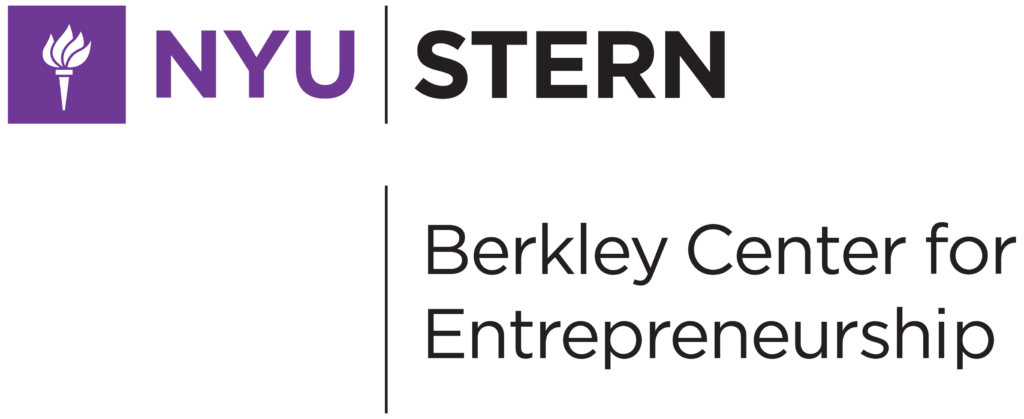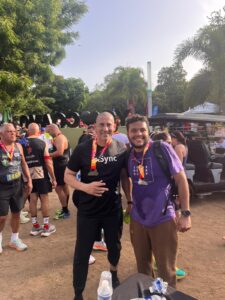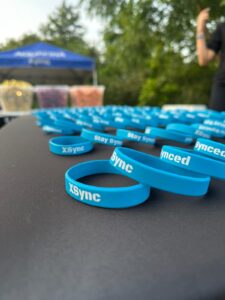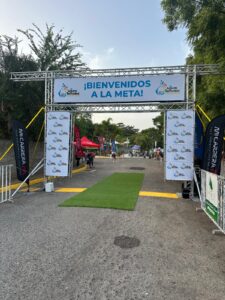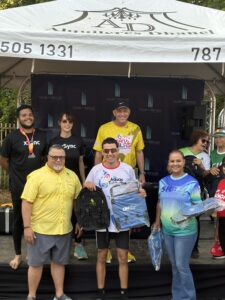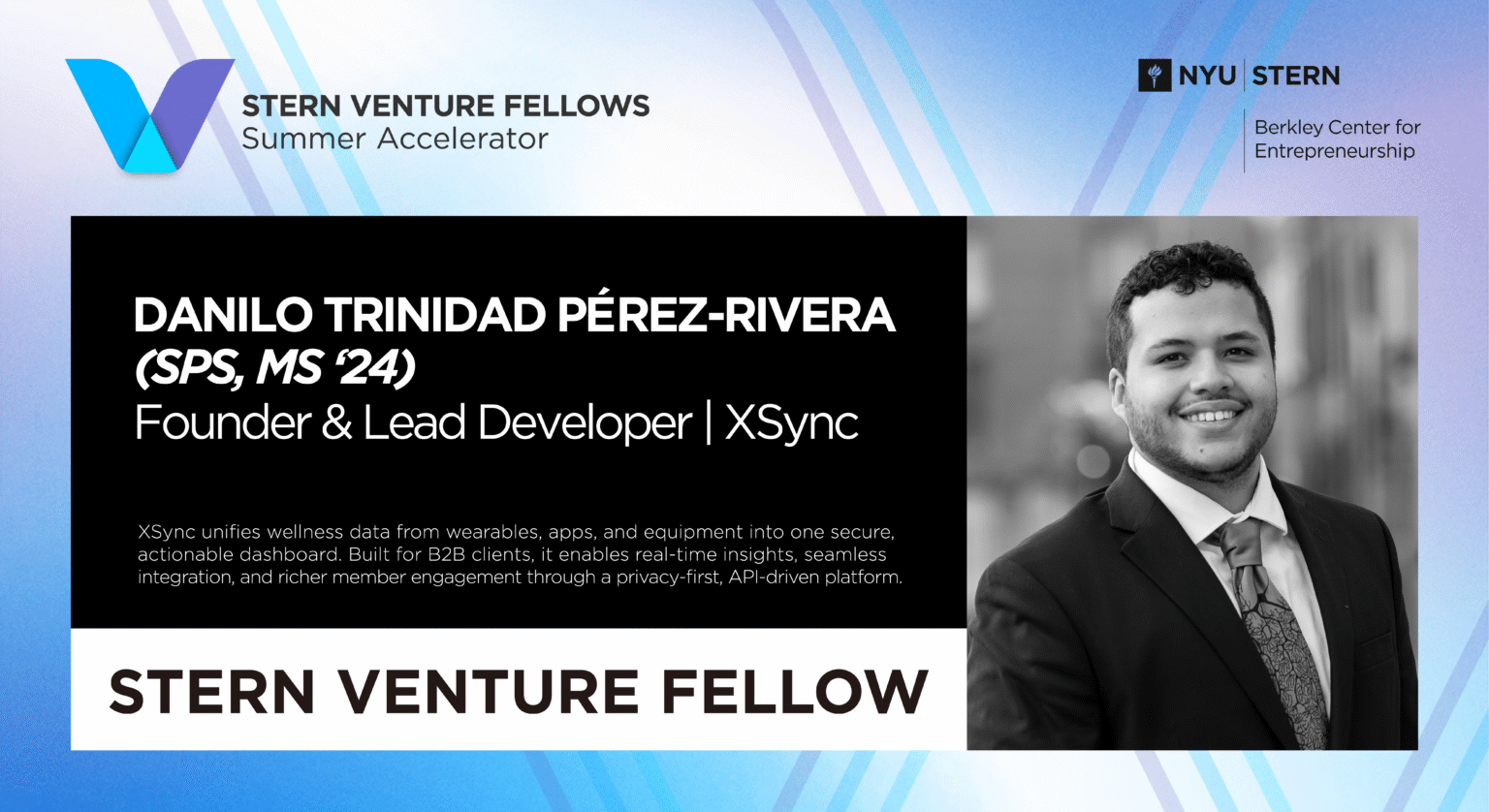
Danilo T. Pérez-Rivera | The Sovereignty of Self: A Mandate for a New Health Reality
By Danilo T. Pérez-Rivera (CAS PhD ’26), Founder of XSync | Email: dp2650@nyu.edu
A deep contradiction lies at the heart of modern health. We are surrounded by an unprecedented wealth of personal data—from clinical records and lab results to the daily outputs of our own wearable technology. Yet, this data does not serve us. It is scattered, siloed, and held captive by the very systems designed to facilitate our care. Our health narrative is not our own. It is a fractured text, written in a language we are not permitted to fully read, stored in archives to which we are only granted fleeting access.
What is this state of being, if not a form of digital serfdom? We are given portals and apps that offer the illusion of control, but this is not ownership; it is a managed tenancy in the house of our own well-being. This fragmentation is not a benign inconvenience; it is a systemic failure that perpetuates a reactive, paternalistic model of care. It is a cage, however gilded, that limits our ability to pursue true, proactive health. The legacy we are driven to build with XSync is the dismantling of this cage.
Our work is not about creating a more efficient digital file cabinet. It is a response to a fundamental question: To whom does the story of your health belong? We assert that the only legitimate answer is you. The long-term impact we envision is the establishment of “health sovereignty” as an inalienable right. This is a paradigm where the individual is no longer a passive subject of their healthcare but the absolute sovereign of their health information. Success, for us, will not be measured by user acquisition or enterprise contracts. It will be measured by the restoration of agency to the individual.
This is not a theoretical exercise. Our pilot in Puerto Rico is a deliberate first step in this reclamation. It is an acknowledgment that true impact is forged not in boardrooms, but in direct collaboration with communities, addressing tangible needs with culturally resonant solutions. We are building a tool, yes, but we are also fostering a movement—one that redefines the relationship between people, their data, and their health.
The future we are building is one where the question, “Where are my records?” becomes obsolete. It is a future where our health data becomes a unified, living language that we can use to write our own stories of resilience and well-being. The legacy of XSync will not be the technology itself, but the freedom it unlocks: the freedom to be whole, the freedom to be known to oneself, and the freedom to command one’s own journey toward a healthier life.
